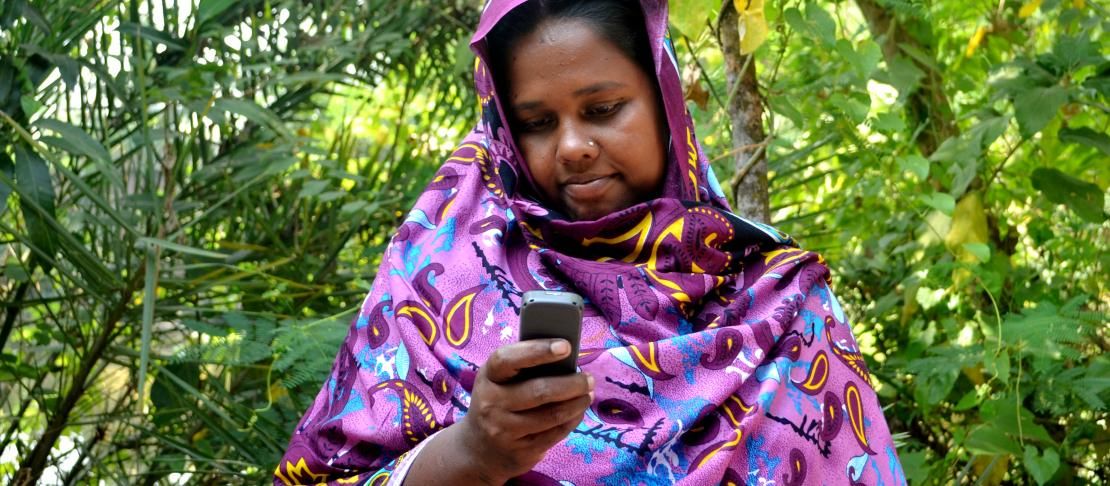Identifying strategies for gender-transformative climate services

Women and men farmers can be differentially vulnerable to climate related risk due in part to the varied roles and responsibilities that they carry out in their communities and households. While climate services can be critical for enhancing farmers’ adaptive capacities, women and men can face varying opportunities and challenges to access climate services and implement climate information in agricultural decision-making.
To this end, the project focuses on understanding gender differentials in access to and use of climate-related information; and analyzing the factors and conditions that can contribute to climate information services that transform gender inequalities.
This project will:
- Review empirical research related to gender and climate services (CS) in order to understand how gender influences challenges that farmers confront to benefit from climate services.
- Assess existing data from CCAFS and bilateral projects related to CS in order to evaluate type and consistency of gender information generated across projects and possible impacts on women’s empowerment to date.
- Produce training and guidance materials for implementation and monitoring of gender equality objectives in CS projects.
- Develop framework / approach / set of pilots on gender results and impacts of selected CCAFS CS projects.
Outcomes
Through gender support, analysis and methodological tools, CCAFS and partners will design and deliver climate services that reduce gender inequalities surrounding key productive assets and resources and promote women’s empowerment. Tools and research will be taken up by policymakers in CCAFS target countries.
Outputs
- Presentation: Enhancing women and men farmers' adaptive capacity through climate services
- Video: Mainstreaming gender in climate services: a new tool from CCAFS/IRI
Partners
The project is carried out in collaboration with the Women in Global Science and Technology (WISAT), the International Center for Tropical Agriculture (CIAT) and the International Research Institute for Climate and Society (IRI).
Further information
For further information, please contact the project leaders: Sophia Huyer (s.huyer@cgiar.org) and Jim Hansen (jhansen@iri.columbia.edu)